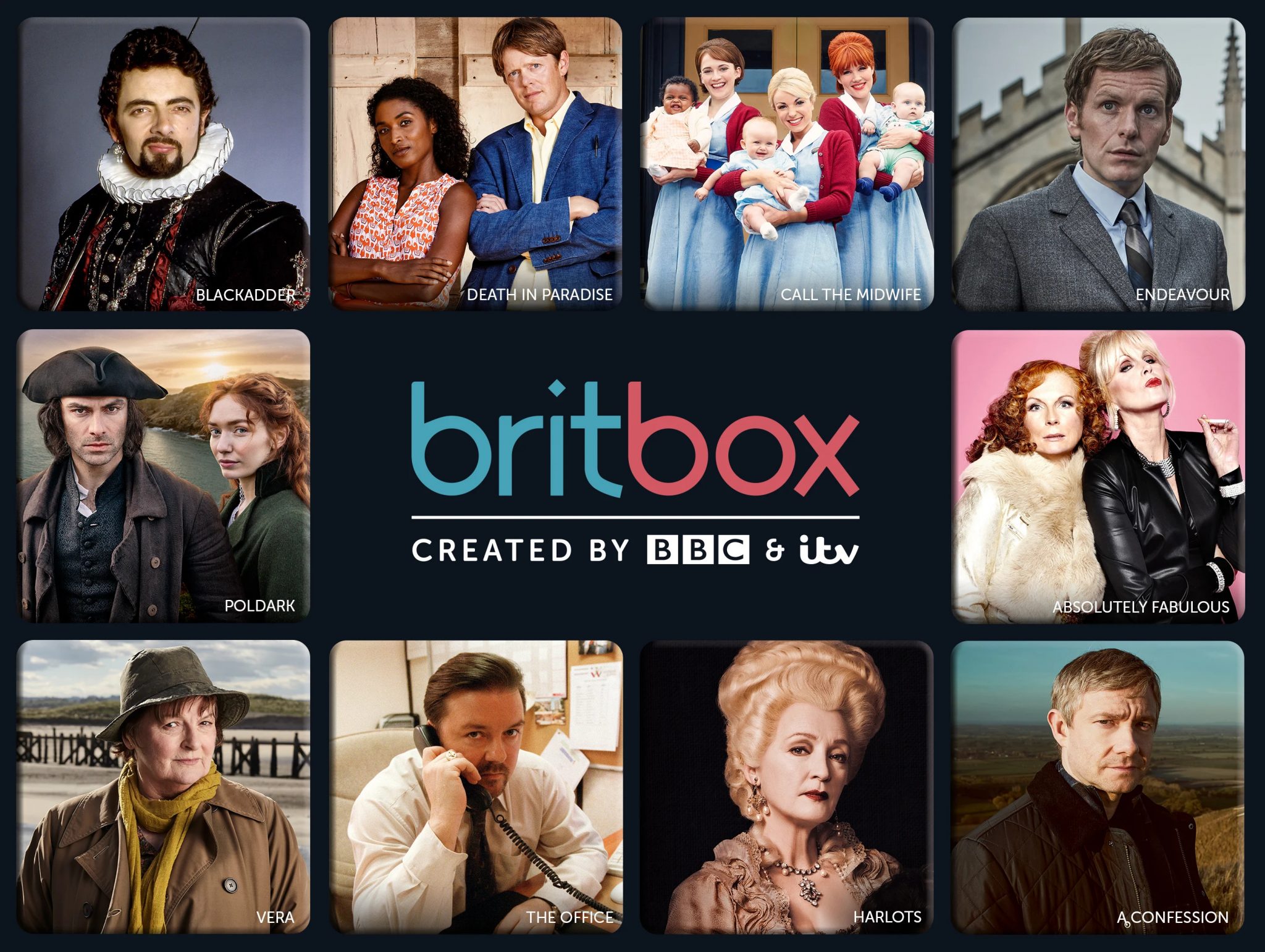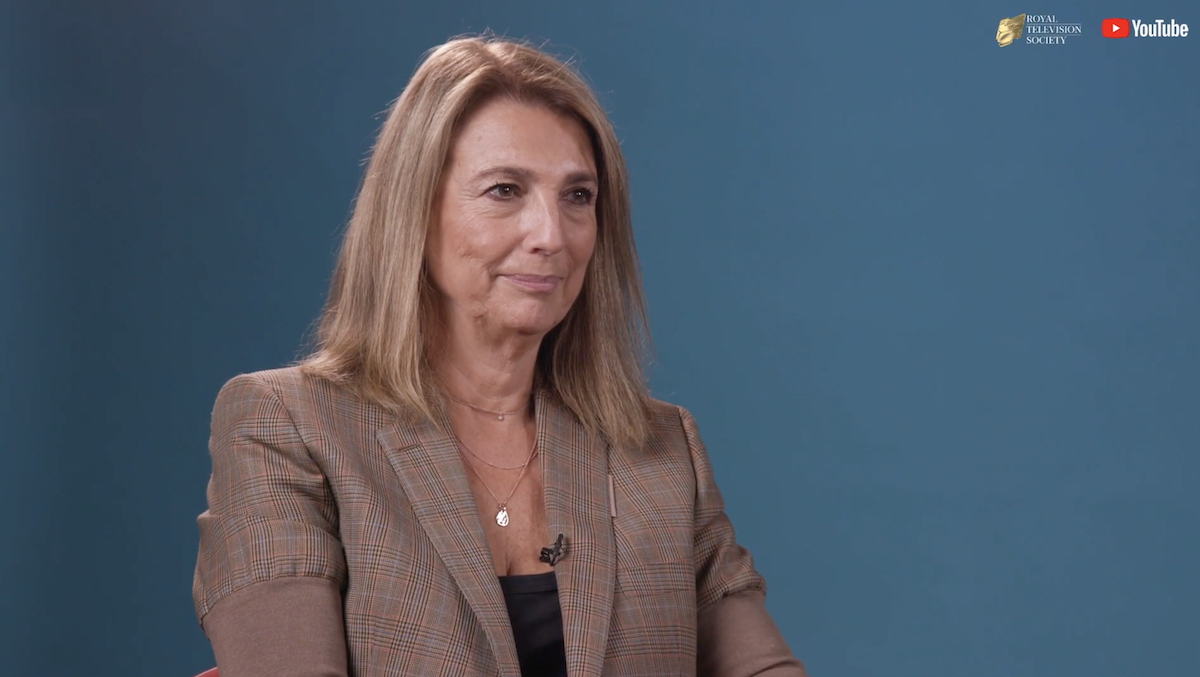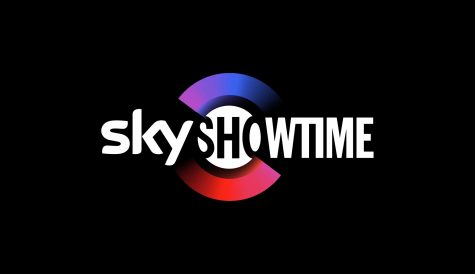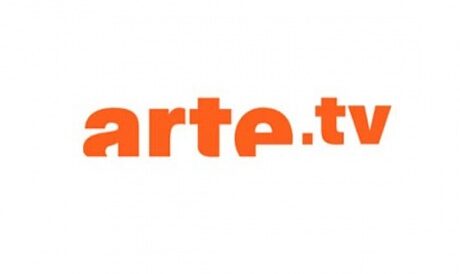Stick or twist – can ITV survive backlash to its streaming revamp?
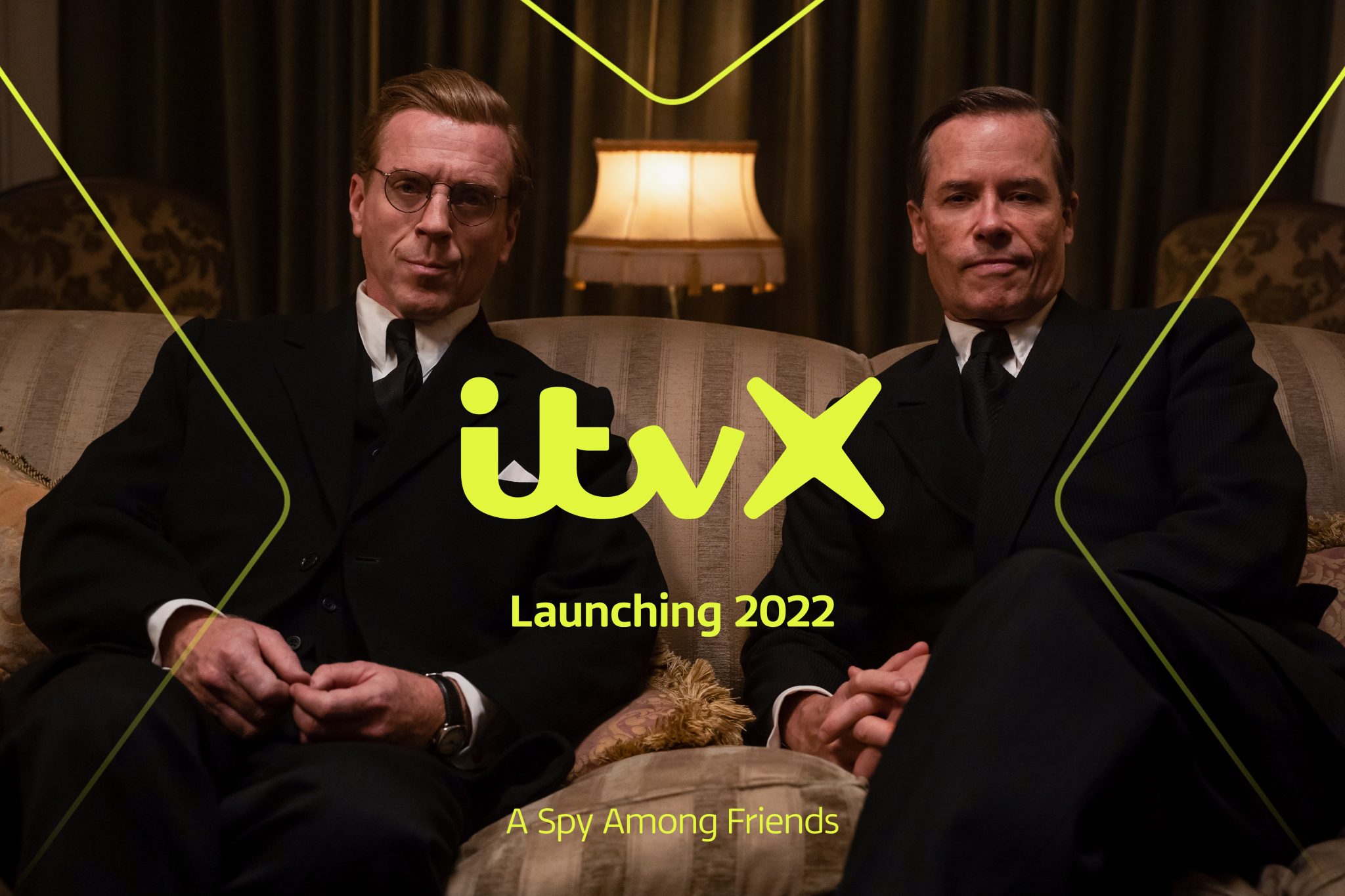
It is not an especially good time to be a pubcaster in the UK.
The BBC has had a years-long spat with the Conservative government, culminating in the latter’s decision to abolish the licence fee in 2027 and freeze funding for the broadcaster – a move that will force the BBC to cut £2.5 billion over the next five years. Similarly, the government wants to privatise Channel 4, despite opposition from its CEO Alex Mahon.
ITV meanwhile is in its own tricky financial situation, but the reality TV-heavy broadcaster doesn’t have any apparent truck with the government (or vice versa).
This week, ITV revealed that it is once again relaunching its streaming efforts, this time with a new integrated AVOD and SVOD service dubbed ITVX to launch later this year.
Alongside this, the broadcaster announced its year-end results and despite a 24% rise in total external revenue to £3.4 billion, in 2021 and record ad revenues, ITV’s share price dropped by 20% as it revealed its revamped strategy that will refocus the broadcaster as a digital-first operation.
ITV finds itself between the proverbial rock and hard place: its existing model makes it seem outdated when compared to its terrestrial counterparts, but its relatively small size makes such a transformation at this point in the streaming market’s maturity an incredibly difficult prospect.
More than a rebrand
Since launching in 2008 as a Microsoft Silverlight-based web platform for delayed catch-up viewing, ITV Player would eventually evolve over the following decade-plus to become the streaming that we know today as ITV Hub with over 30 million registered users.
2021 turned out to be a record year for ITV Hub, but looking at the prominent content viewed indicates an existential issue for ITV’s ambitions to match BBC’s iPlayer or All 4. The streamer recorded 1.5 billion streams in 2021, with viewers predominantly turning to ITV Hub for reality show Love Island and its coverage of England’s ultimately unsuccessful Euro 2020 campaign. Scripted content like Social Media Murders and soaps Coronation Street and Emmerdale also captured viewers, but their audience was less significant than the event programming that ITV has become known for.
ITV Hub offers a paid-for option, but that only removes ads. The paid version of ITVX meanwhile will add content from BritBox, which itself will be phased out of the UK once the streamer arrives. BritBox’s underwhelming performance since launching in the UK in late 2019 makes this move seem more like a mercy killing than an actual strategic boon to ITVX, with little of its content making much of an impact on the televisual zeitgeist.
This much is evident from the BBC quietly selling off its 10% stake in BritBox UK. It evidently does not view it as a worthwhile investment in the long-term.
The most significant shift however is an overall change of approach from ITV.
ITV Hub has previously played catch-up – both literally as a means of watching the broadcaster’s content on delay, and to its rivals in regards to content.
The BBC and Channel 4, along with the ViacomCBS-owned Channel 5, have increasingly come to prioritise their streaming platforms. Shows such as recent hits like Outlaws and Around The World in 80 Days will often be uploaded in their entirety on a single date, while their broadcast on linear channels is staggered over weeks.
ITV has now said that it will adopt a digital-first windowing strategy, giving ITVX preference on the latest shows, which will arrive on broadcast channels six to nine months later. The platform will also play host to a number of streaming first exclusives, such as the Damian Lewis and Guy Pearce-starring A Spy Among Friends.
There will also be an increased focus on box sets with shows like Broadchurch and Brideshead Revisited being available. More of these, including US shows like Supernatural and Veronica Mars will be available on the SVOD tier.
In a further effort to turn ITVX into a robust and modern streaming service, the platform will also carry an “ever-changing” number of exclusive themed FAST channels, with 20 planned at launch, including Hell’s Kitchen US, True Crime, The Oxford Detectives, 90s Favourites and The Chase. ITV intends to offer viewers a new themed channel, every week of the year on ITVX.
All of this lends to ITV CEO Carolyn McCall’s statement that the broadcaster is “supercharging our streaming business” and “fundamentally shifting our focus to think digital first.”
Ultimately the CEO plans to double the broadcaster’s digital revenues to at least £750 million by 2026, while content investment is also set to rise to £1.35 billion by 2023.
Investors unsure
With such a forthright statement of intent from ITV springboarding from a year of record ad sales, it begs the question of why the new ITV appears to have spooked investors.
As alluded to above, ITV’s share prices initially fell by a fifth, and continued to fall by 30% on Thursday and into today.
Such was the backlash that financial outlet The Motley Fool published an article simply entitled ‘What just happened to ITV Shares?’ In it, the outlet details that city analysts have decided that the increasing content spend betrays a current inability to compete with US streamers like Netflix and Disney. Berenberg’s Sarah Simon surmised: “They’re spending more because they’re losing eyeballs.” Perhaps more harshly, The Daily Mail’s ‘This Is Money’ column plainly calls the new plan a ‘flop’.
These concerns are nothing new. Investors and analysts have long stated their concern with ITV’s ability to stop viewers from switching to pay TV platforms or streaming services. Frequent management changes at the top of the company, along with an overall strategy that has more of a ‘suck it and see’ approach than a serious long-term plan are criticisms that have been levelled at ITV. It only seems like yesterday when BritBox was ITV’s great white hope, and now even that is quietly falling by the wayside.
The pessimistic (or realistic, depending on one’s perspective) reading of ITV’s fate is that its investments will not pay off; that its position will increasingly diminish in comparison to those major US streaming operators and that it will financially collapse.
The analysts however do not run ITV. The company has performed well in 2021 and while viewership was slightly down from the pandemic year of 2020, the same can be said for pretty much everyone in the industry.
The best thing we can say about ITV is that it is not resting on its laurels and it is not content to just be the place people go a couple of times a year for Love Island or some increasingly rare free-to-air sports coverage.
Investors may be concerned, and the landscape is continuing to shift into a round hole that contrasts to ITV’s square peg, but the broadcaster’s plan is arguably the only thing it can do in this scenario.

